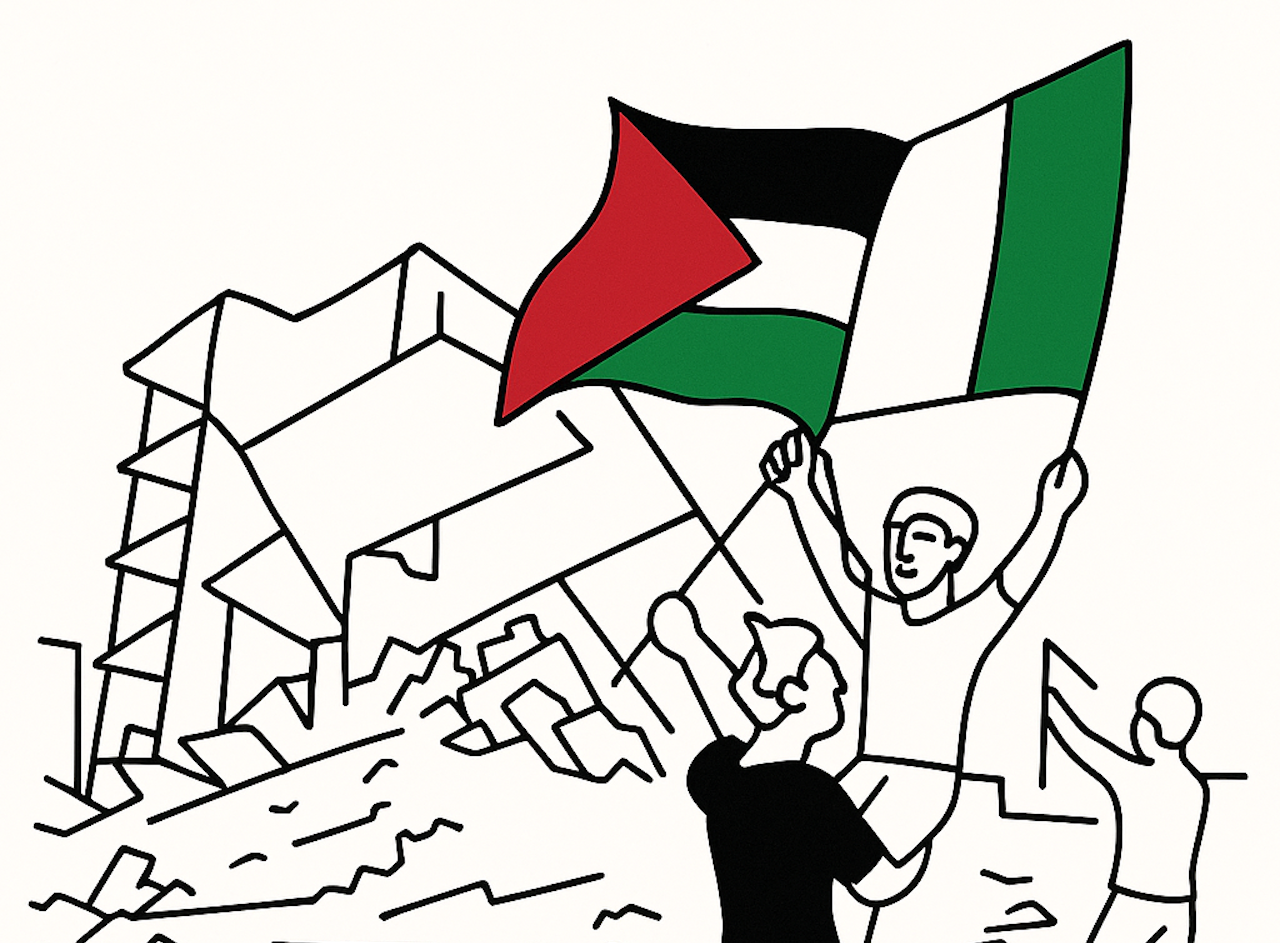This year, Italy reminded us how essential political presence and participation in public squares truly are.
Expressing disapproval toward certain government decisions is a civic duty. Political responsibility does not end at the ballot box—it continues every day. It means staying informed, monitoring what happens in Parliament and local governments, and taking to the streets when the choices of our representatives fail to reflect the values and interests of the people.
Politicians are not authoritarian figures to whom we owe blind obedience; they are representatives acting on our behalf. When that principle is forgotten, it is not obedience but civic awareness and popular participation that must prevail.
Yet, in an age where admiration for strong, authoritarian leaders is growing, it seems increasingly difficult to remember that democracy is, above all, a collective exercise: we decide together, and those who govern us are merely the voice of our shared will.
On October 3, the Italian people were reminded of the power of their own voices. However, even then, instead of acknowledging the role of citizens and social movements, many credited the political changes to an external figure: Donald Trump.
A narrative spread claiming that the end of the Middle East conflict was the result of his diplomatic skill—but that version is not accurate.
In reality, the opposite occurred: Arab countries exerted strong pressure on Trump to stop the destruction of Gaza. Saudi Arabia, for instance, on September 19, signed a strategic agreement with Pakistan, effectively placing itself under its nuclear umbrella—a move comparable to NATO’s Article 5. It was a significant diplomatic blow to Trump.
Saudi Arabia acted in response to the September 9 bombing of Qatar, authorized by Israel with the tacit consent of the United States. Faced with this escalation, Riyadh sent a clear message to Washington: “If you don’t stop this massacre, you will lose our trust and our alliance.”
Contrary to what Giorgia Meloni claimed, the popular demonstrations were far from irrelevant. On the contrary, they helped create international pressure that forced Trump to reconsider his position, fearing the loss of support from key allies—Saudi Arabia, Canada, the United Kingdom, Australia, France, and others.
All this shows that Italy, like other European countries, still lives in a sort of “satellite state” condition, where public discourse tends to glorify foreign power rather than recognize the voice of its own citizens.
Today, some media outlets praise Trump as a liberator. But he does not deserve our gratitude.
Our trust belongs to those who, in the squares and streets, had the courage to make themselves heard.
❤️ Support Florence Daily News
If you liked this article, please consider supporting Florence Daily News.
We are an independent news site, free from paywalls and intrusive ads, committed to providing clear and reliable reporting on Florence and Tuscany for everyone.
Your support — whether a one-time gift or a regular contribution — helps us stay independent and keep telling the stories that matter.
Donate securely via Stripe below.
Make a one-time donation
Make a monthly donation
Make a yearly donation
Choose an amount
Or enter a custom amount
Your contribution is appreciated.
Your contribution is appreciated.
Your contribution is appreciated.
DonateDonate monthlyDonate yearlyEirini Lavrentiadou is an actress and singer, born in Thessaloniki in 1992. She lives in Florence, where she trained at the city’s Theatre Academy and the Fiesole School of Music. She has performed in classical Greek and European plays, worked with international directors and companies, and appeared in concerts ranging from opera to jazz. She contributes to Florence Daily News as a writer.
Discover more from Florence Daily News
Subscribe to get the latest posts sent to your email.

